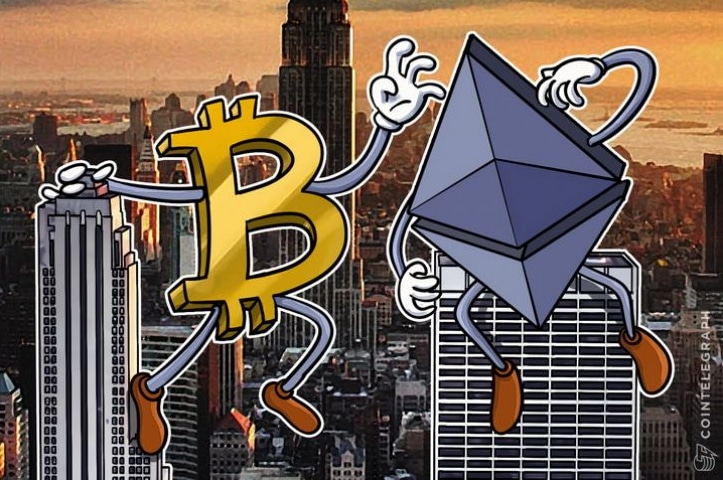Artificial Intelligence is no longer the future, it’s the present and increasing at a phenomenal rate driven by explosive growth of big data, inexpensive computing power and storage, and advanced algorithms like machine learning that enable accurate predictions to be made. And prediction technology is where AI will make its mark on companies’ bottom lines and employment policies.
With more accurate predictions available based on previously overwhelming volumes of data some people prefer to call AI Augmented Intelligence.
Consumer benefits are abundant and can be commonplace. For example, Netflix uses highly accurate predictive technology based on analysing billions of data records to suggest films that you might like based on your previous film choices. And Boxever leans heavily on machine learning to improve end-user experience in the travel industry, helping its b2b customers find new ways to engage with and delight their clients with their travel itineraries.
In an increasingly energy conscious world, Nest is a learning thermostat that uses behavioural algorithms to predictively learn from previous temperature preferences and anticipate adjustments required at any time in your home or office.
 On the medical front, Google has made significant progress on building an algorithm to read crowdsourced retinal scan images to discern signs of diabetic retinopathy, the fastest growing cause of preventable blindness in the world.
On the medical front, Google has made significant progress on building an algorithm to read crowdsourced retinal scan images to discern signs of diabetic retinopathy, the fastest growing cause of preventable blindness in the world.
Pulling together vast amounts of data from multiple sources and with multiple owner/providers is possible through using blockchain technology. Beyond its use by cryptocurrencies such as Bitcoin and Ether, blockchain technology can be used to create permanent, decentralised, transparent and untamperable ledger systems for many diverse purposes.
- Everledger uses the blockchain to protect luxury goods; for example it will add details to the blockchain data about a diamond’s distinguishing attributes, providing irrevocable proof of its identity should it be stolen.
- No more lost exam certificates or employers taken in by dishonest job applicants: the University of Melbourne will soon test blockchain technology to record student credentials, allowing people to share verified copies of their qualifications with employers and other third parties in a tamper-proof system.
- More accurate music royalties paid to your favourite artists: in March 2017 Spotify acquired Mediachain to simplify correct royalty payments using Bitcoin’s underpinning technology. Similar technology is being assessed by the UK’s Performing Rights Society.
- Want to know where your food comes from? Food Blockchain XYZ is a comprehensive solution for food supply chains, allowing verifiable quality and safety control of food from individually owned farms to personal dinner tables.
- Blockchain-based property registration systems being pioneered in the Republic of Georgia and Sweden will speed up property sales and resolution of ownership, boundary and right of way disputes.
 Water companies can monitor water usage at any stage of a manufacturing process through shared data from thousands of companies. Comparing millions of data points identifies more ways to help their customers operate more effectively and efficiently, cutting costs and reducing waste.
Water companies can monitor water usage at any stage of a manufacturing process through shared data from thousands of companies. Comparing millions of data points identifies more ways to help their customers operate more effectively and efficiently, cutting costs and reducing waste.
With such expanding uses of mass data collection and applications of machine learning to provide Artificial Intelligence, what will be the roles of Human Intelligence? Overall, said the Harvard Business Review, the value of prediction-related human skills will fall, and the value of judgment-related skills will rise. For example, many more early-stage, treatable medical conditions will be detected. This will mean more decisions made about medical treatment, greater demand for the application of ethics and for emotional support, which are provided by experienced people.
In a wider business context, “as machines become better at prediction, managers’ prediction skills will become less valuable while their judgment skills (which include the ability to mentor, provide emotional support, and maintain ethical standards) become more valuable,” said Dr. Irving Wladawsky-Berger, a former IBM leader and well-regarded tech evangelist.
Or as we included in a blog article in February 2017, “computers are “the best-ever left brain” for logic and rationality, while humans form “the best-ever right brain” for creativity, judgment and wisdom.” The powerplay of Artificial – or Augmented Intelligence plus Human Intelligence will lead to a new era of Super Intelligence.
What are your views and opinions on this, please share them with us? You can also hear this topic discussed by a distinguished panel at CSW Summit DC on 15 June 2017, tickets are available.






0 Comments